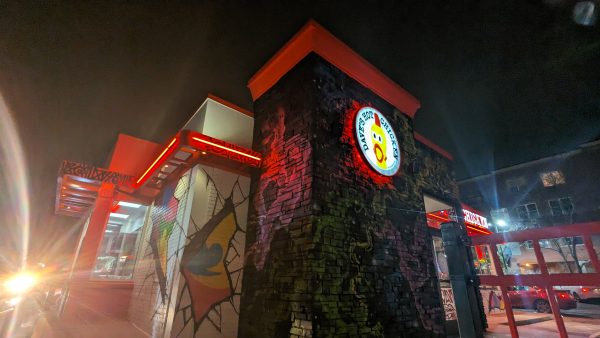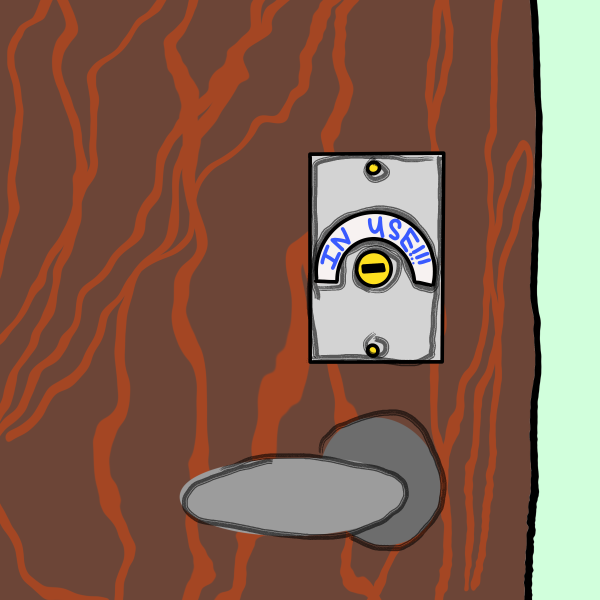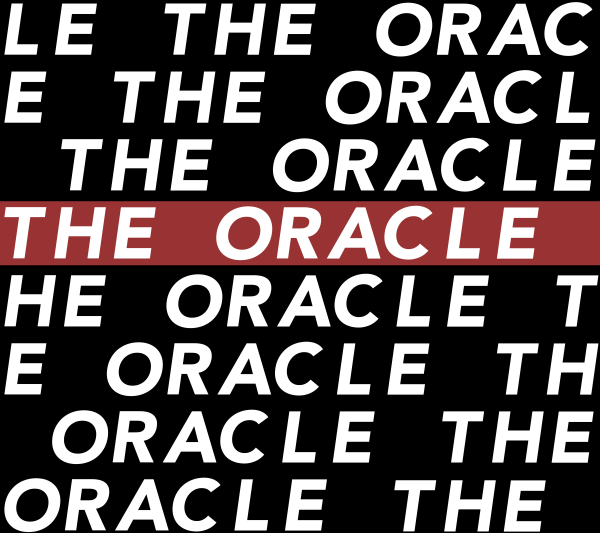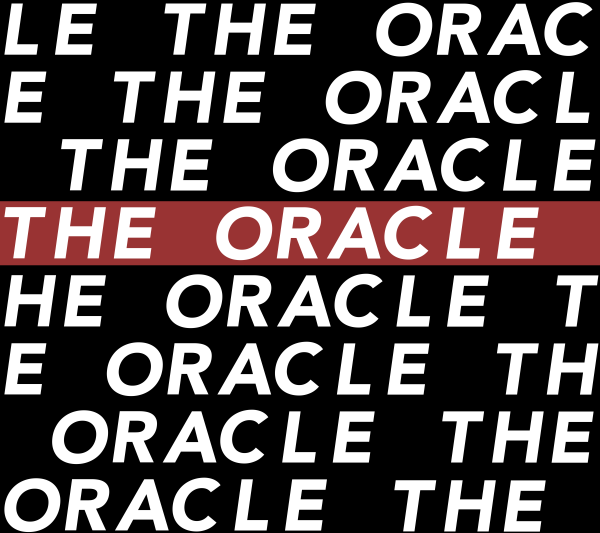Where was the campaign?
HUSC candidates failed to demonstrate a commitment to change in the recent election.
March 13, 2019
On Tuesday, Feb. 19, I sat in on the HUSC debate for Student President/Vice President and listened as both sets of candidates (Andrew P Weston/Dieu Do and Maryan Hersi/Abdi Badri) effectively cheated themselves and the student body out of an opportunity to have a real election.
During the weeks leading up to the election on Feb. 26-28, our candidates based their campaigns on the same issues: improving transparency within HUSC and addressing accessibility of services and buildings. I have two problems with this. First, both sets of candidates expressed the exact same concerns and failed to present reasoning for why they were better placed to address them. Second and more importantly, neither of them actually articulated how they planned to deal with the issues being raised.
I don’t object to candidates advocating for issues near and dear to their hearts, especially ones like accessibility, which Hamline has wrestled with for years. I also appreciate our candidates, all of whom had at least a semester of experience with HUSC, stepping up and acknowledging that their own organization has struggled with recruiting and maintaining student representatives, indicating that HUSC isn’t reaching the student body the way it should be.
But what was missing this election was any commitment from either set of candidates to take new or additional action to move forward on the issues being raised. Both sets of candidates stopped short of telling us how they were actually going to make a difference and create change. That crucial part of the social change equation never came up. To quote Student President-elect Andrew P Weston, “We don’t want to make promises that we can’t keep.”
And I get that. We hear enough sweeping, unfulfilled promises from candidates running for public office in the rest of our lives. But there is a middle ground between making promises you can’t fulfill and not making promises at all. In this middle ground, you still make promises—small ones. You define action steps and set tangible goals within the scope of what can be accomplished in a term. Candidates shouldn’t promise more than they can deliver, but they still need to commit to delivering something.
Both sets of HUSC candidates missed this middle ground during the recent election. Instead of proposing specific actions that would be taken to address issues, the candidates talked about issues we’re already extremely familiar with, shared their hopes and dreams, and then asked for our votes—without ever explaining why they deserved those votes.
This failure to articulate actionable goals is particularly troubling for me because I know these candidates have all been change-makers in their time with HUSC. As an example, President-elect Weston successfully passed an amendment to the HUSC constitution last fall, proving xe can make real change on campus. I respect that tremendously. But both Weston and Do (and Hersi and Badri) failed to apply their experience in making change to explain in more concrete terms what the student body could expect from them as leaders.
This was their opportunity to inspire us, to challenge us with new approaches to the same problems we’re facing as a community. And they missed it. Both sets of candidates did. Their failure to establish platforms and commit to issues cheated them out of an opportunity to demonstrate the kind of leaders they could be. And their failure also cheated the student body out of the chance to use our voices and votes to support bold leaders willing to commit to real change.





